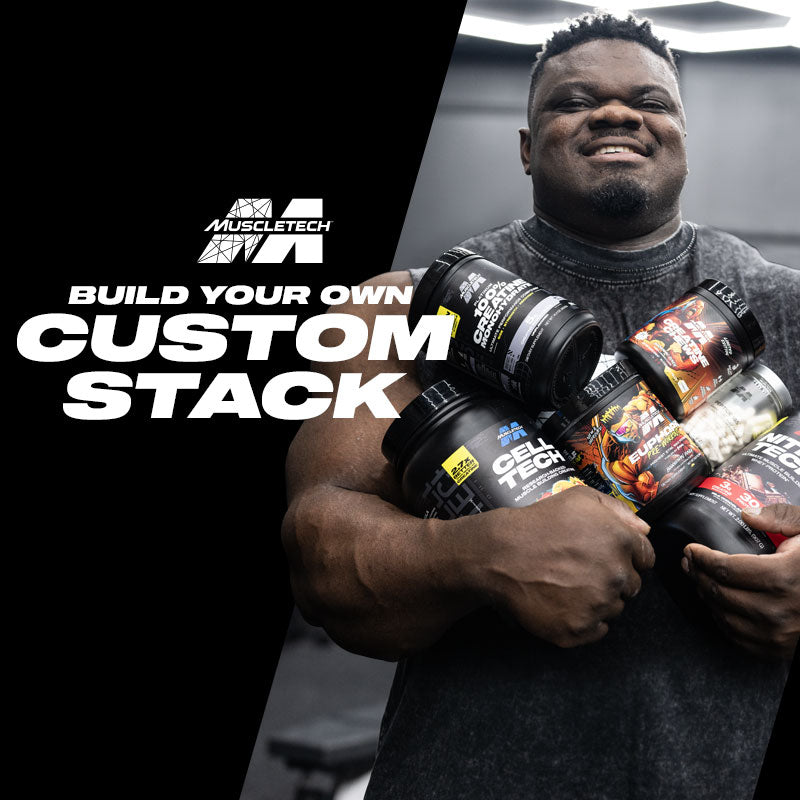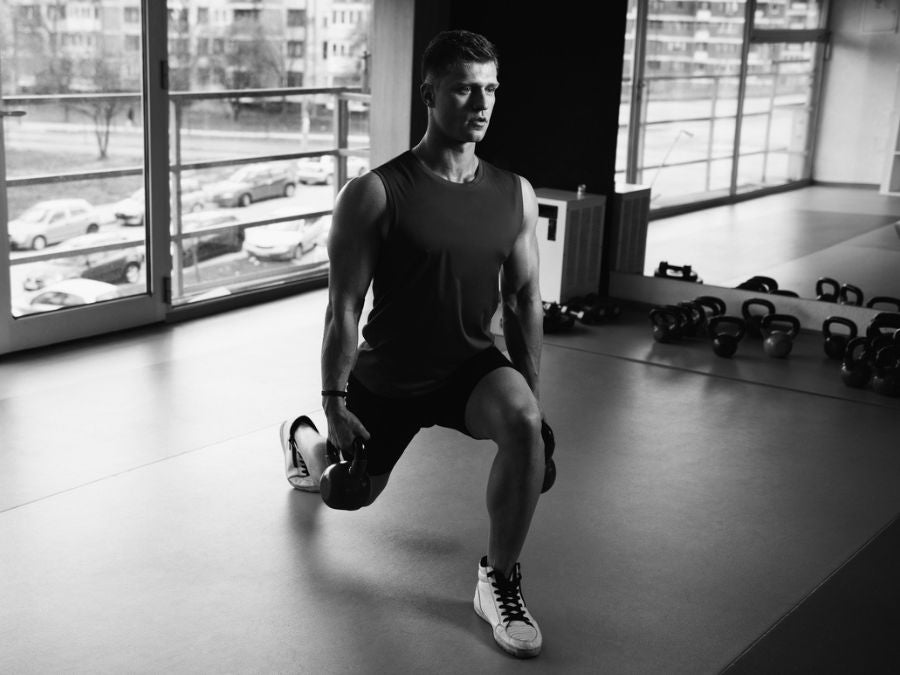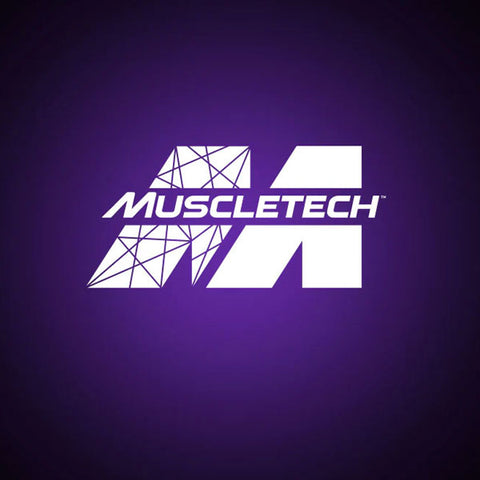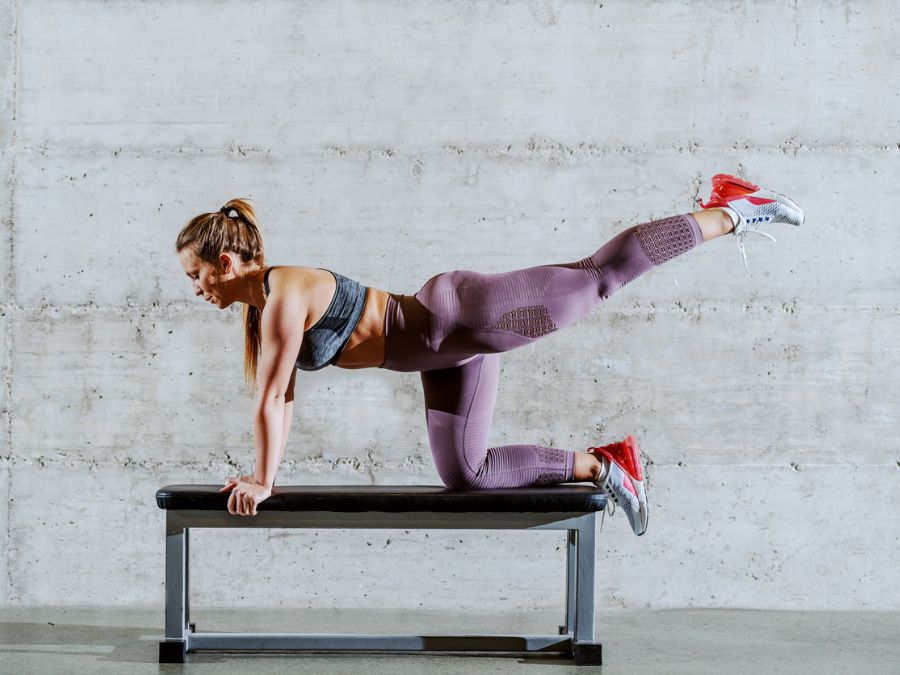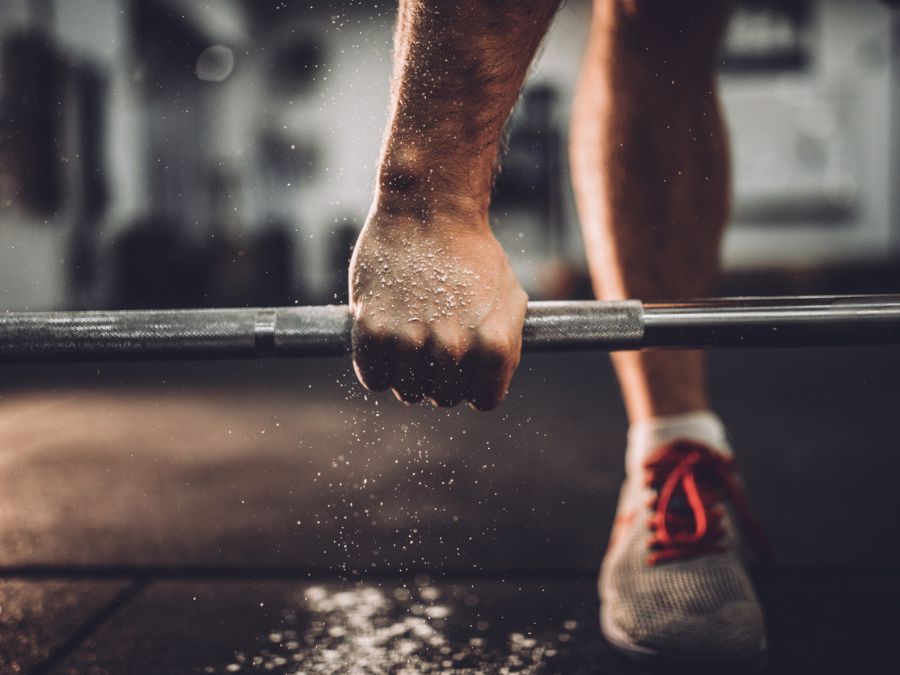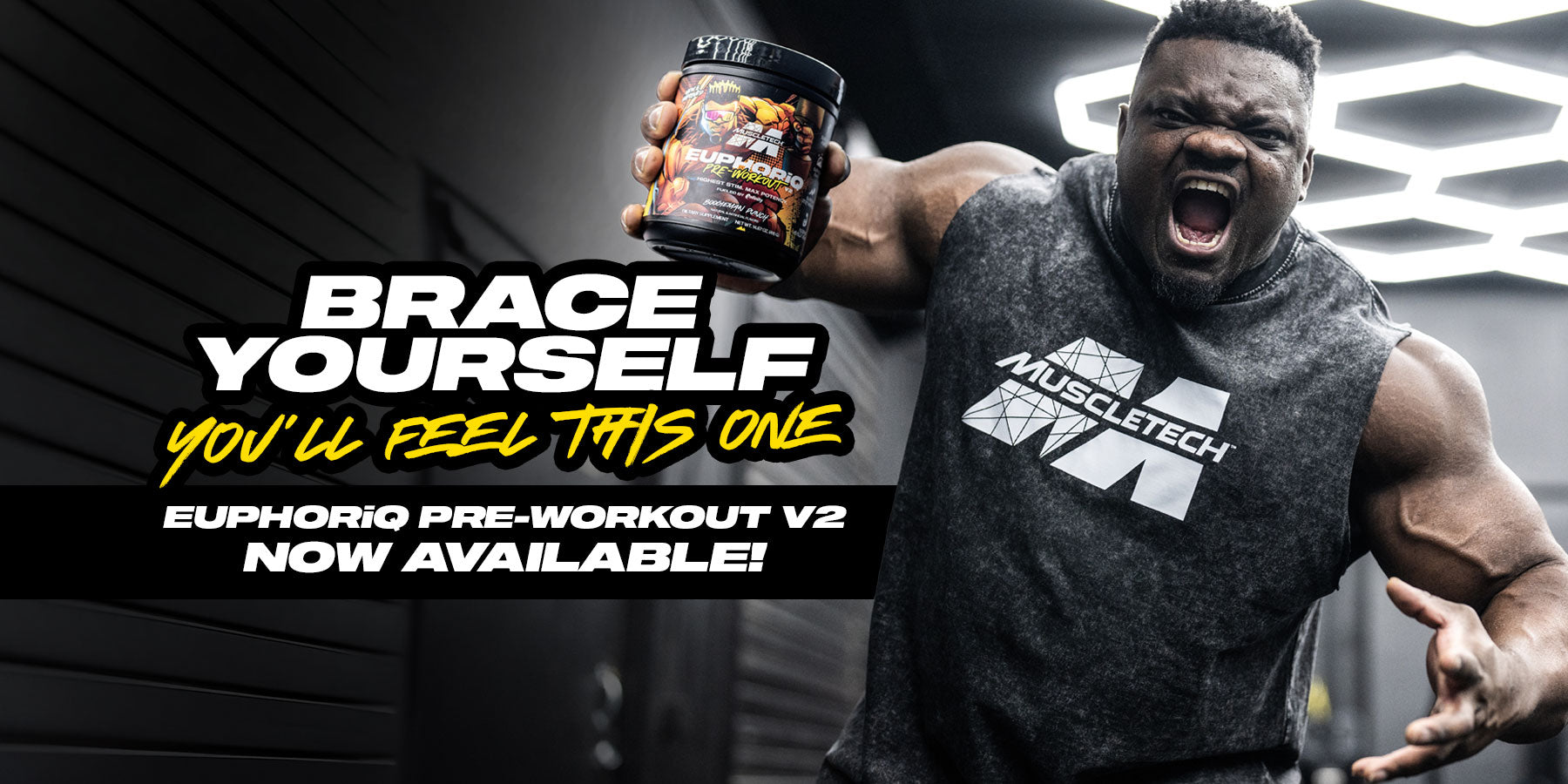Stretching is as important as your workout - if not more! To perform your training, your body needs to be fully prepared, and stretching plays a crucial role in the success of your workout sessions. When you feel that your exercises are making you tired and you are feeling more pain than strong muscles, quad stretches are your solution!
Quad stretching is one of the best ways to relieve muscle pain and soreness. Even though it cannot take away the pain completely, it will surely make you feel better and ready for your next workout session. Moreover, stretching your quads can improve mobility while keeping your lower body in good shape.
In other words, doing deep quad stretches is an inevitable part of your training, and without it, you cannot expect improvements in your workouts. So, here, we have provided some amazing stretches for your quads that you will find beneficial. The right techniques can give you a strong body and lead you to the outcomes you want!
9 Quad Stretches for Pain Relief and Muscle Soreness
Even stretching requires appropriate methods and proper form. When looking for ways to stretch your quads properly, you need to find the right exercises. We have prepared some of the best quad stretches that can do wonders for your body. Some of them can be done anywhere and anytime, meaning you can deal with your pain wherever you go.
1. Easy Quad Stretch
This is one of the greatest and simplest stretching exercises because you can do it anywhere and anytime you want. However, doing it requires balance since it is a standing quad stretch. Considering it is quite simple, this easy-to-perform exercise has become commonplace in most workout routines.
You can do it outside, at home, in the gym, or in your office. In other words, whenever you feel soreness in your quads, you can rely on this easy exercise to relieve some pain.
How to perform the easy quad stretch?
To ensure that you perform the standing quad stretches correctly, paying attention to your position is essential. These exercises are supposed to be felt so you can enjoy their benefits. So, when it comes to the easy quad stretch, you should mind the following points:
- Stand straight on one leg and keep your back and head firmly straight. If you struggle to maintain balance, you can use a chair or a wall to hold onto it.
- You should grab the foot that is not on the ground with the hand on the same side and pull upwards toward your torso. Remember that your chest should be upright at all times. You should repeat the same on the other leg.
- There is no specific amount of time for holding your stretch. Many people tend to spend 30 seconds on each leg. However, you should listen to your body and keep stretching until you feel that your muscles are getting some good work. If one leg needs more stretching than the other, feel free to hold it as much as you need.
2. Side Quad Stretch in a Lying Position
The lying-side quad stretch is a great alternative to the abovementioned one. If you struggle with balance or cannot stand for some reason, this great variation will provide you with the same results. Moreover, it can do miracles for those with problems with their knees since the stretch works on the soreness of those muscles.
Unlike the easy quad stretch, the one in a lying position is not easily performed everywhere because you will need a mat or something soft to be able to lie on the ground.
How to perform the side quad stretch in a lying position?
Getting a good initial position on the ground is essential for lying-side quad stretches. Even though you do not stand when you perform it, you will still need a slight balance while lying and stretching. Here are the steps that will allow you to maintain a good form:
- Lie on one side, placing your head up while bending your elbow for support. Pull one foot upwards in the direction of your torso. If you struggle to maintain balance, bend your other leg in the knee, and you will establish a good position. The movement is basically the same as in the previous exercise except for the position in which you do it.
- You should hold the stretch for 30 seconds on each leg, but if your muscles need more, then you should prolong it.
3. Kneeling Quad Stretch
This is another quad stretch variation, but this time in a kneeling position. However, the effects are slightly different because the stretch also relaxes the muscles just above your knee. Although every gymgoer will find it beneficial, it is a great exercise for pregnant women or elderly people since there is less pressure on the quads and knees.
Considering the kneeling quad stretch is done on the floor, you may find it a bit uncomfortable if you don’t have the proper support. With that in mind, you can use a pillow or a cushion to make the position more comfortable for you.
How to perform the kneeling quad stretch?
The kneeling quad stretch requires a good lunge position as well as balance. To perform it properly, you should follow the steps below:
- Take a good lunge position with one foot forward. The other knee should be dropped to the ground.
- Once you establish balance, take a deep breath and grab the toes of your dropped knee.
- Hold the position for 30 seconds on each leg. Remember to move slowly when changing legs because sudden movements can result in strains of your muscles. Therefore, do not hurry when you switch legs.
4. Straight Leg Raises
Straight leg raises are considered amazing quad stretches with many benefits for your leg muscles. This is a great exercise for knees that hurt after a workout because it puts very little strain on them. Moreover, it will allow you to stretch your other leg muscles as well so it is a great exercise to use after every training.
How to perform straight leg raises?
Straight leg raises do not require any balance because they are done in a lying position. So, you will need a yoga mat or a flat surface that will allow you to lie on your back.
-
Begin from the lying position, bending one knee while your other leg is straight on the floor.
-
Start raising your flat leg to the height of the knee that is bent.
-
You should repeat this movement 10-15 times and then do the same on your other leg.
5. Prone Straight Leg Raises
The prone straight leg raises are another variation of kneeling and standing quad stretches. It is a low-impact exercise and a quite simple one. It also comes with variations, so it can become intense if that is what you need.
How to perform prone straight leg raises?
Unlike the previous exercise, prone straight leg raises require lying on the stomach with the legs stretched out. You will need a little bit of flexibility to perform the stretching properly. Since you are lying on your stomach, your back is pressured, but you should not feel any pain while exercising.
- In a lying position, you should begin by tightening the hamstring muscles in both legs.
- Then, you should lift one leg towards the ceiling, hold it in the same position for 5 seconds, and bring it back down. You should repeat the same movement 10-15 times before switching legs.
6. Wall Squats
Wall squats are perfect when you want to take your stretching game to the next level. It is a more advanced exercise that activates muscles other than the quads. You may feel pressure in your knees, so if you are struggling with an injured knee, this might not be the exercise for you.
How to perform wall squats?
These dynamic quad stretches are done standing against the wall, meaning you do not need any mat or a flat surface. It is also an exercise that can be done at any time of the day, no matter where you are. To perform it properly, follow the steps below:
- Begin with your back pressed against the wall. Then, bend the knees without moving your pelvis from the wall.
- Hold this position for about 10 seconds and repeat the movement 3-5 times. You should increase the time of the sitting position each time you do the exercise.
- Remember not to bend too low, and if you start feeling discomfort, you should consider alleviating your position a little bit. You should be careful not to compromise your knees.
7. Pigeon Twist
The pigeon twist is part of almost all yoga sessions. It is a great pose for improving the body’s mobility and flexibility. At the same time, it can do wonders for your quads! Plus, it will help you feel less pain during your workouts, meaning you will have more energy for your upcoming training.
How to perform the pigeon twist?
Since the pigeon twist is a dynamic quad stretch, it requires several movements until you reach the exact position of the exercise. You should be careful not to strain your muscles during this pose, meaning your movements should be controlled and smooth.
- Start in a downward-facing dog position. Move your right knee between your hands to get into a pigeon pose.
- Place your right hand beside your right cheek and bend your left knee. Reach for your left foot with your left hand, gently guiding its sole towards your left hip.
- Position your left hand on top of your left foot and slightly rotate towards the left, wrapping your right hand around your back, as demonstrated in the image above.
- Use your hands to press into your body, deepening the twist. Maintain this position for approximately five breaths before releasing your hands and extending your left leg.
8. Hamstring Curls
The hamstring curls target the hamstring muscles. However, the quads are also activated during the position, giving your muscles the stretch they need. It is basically one stretching exercise that targets two major groups of muscles. It works miraculously for improving flexibility and relieving pain.
How to perform the hamstring curls?
This is also a laying exercise, so you should begin by lying on your stomach. You will need to be flexible and mind your breathing patterns to be able to perform the hamstring curls properly.
- Once you position yourself on the ground, lift your heels gradually, bringing them as close to your back hip as possible, and hold this stance.
- Repeat the same movements in three sets of 15 repetitions.
- Alternatively, you can perform this exercise while standing, using a chair for support, and lifting one leg at a time. If you find it too easy, consider adding weight to your ankle, starting with one to five pounds and gradually increasing the resistance.
9. Frog Pose
The frog pose is an ideal exercise for stretching both quads at the same time. It is a great exercise when you want some stretching but do not have enough time. It is a quick fix for your quads after an intense workout. Nonetheless, besides the quads, this exercise stretches your shoulders and chest as well.
How to perform the frog pose?
The frog pose is performed in a lying position, meaning you will need a flat surface or a yoga mat. Unlike other lying exercises, your body is not flat on the ground during this exercise.
- Once you position yourself on your stomach, you should support your chest with your elbows. Bend your knees and reach your hands back to grab onto your feet.
- Rotate your fingers so that they align with your toes, and raise your elbows, directing them towards the ceiling. Lift your torso as much as you can to engage the muscles.
- If you feel discomfort in your knees, avoid pressing your foot down too forcefully. Alternatively, you can perform one side at a time if the quad stretch is too difficult.
- Maintain this position for about five deep breaths, then release.
Are You Adding Quad Stretches to Your Workouts?
Quad stretches are a must in your workout routine. Whether you do them before you start training or after you’ve had the ultimate leg day workout of your life, the muscles need to be stretched so they can recover properly. So, the next time you hit the gym, consider doing a few of these stretches, ensuring maximum performance and efficiency!
For more workout tips, check out our blog page.
Read Our Top Blogs:
